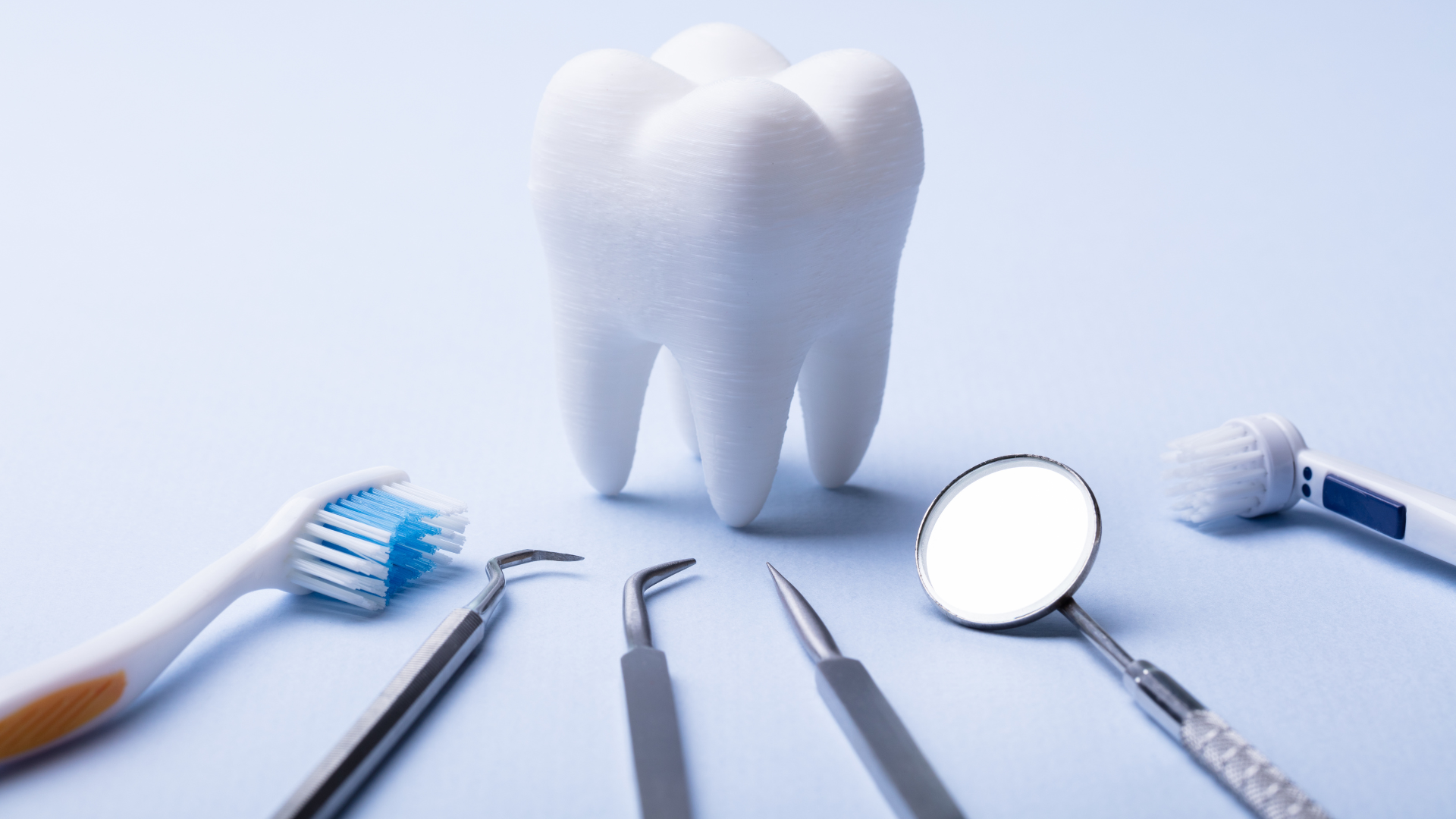Every year on March 20, the world observes World Oral Health Day. The day is observed to educate people on how to maintain good oral health. “Be Proud of Your Mouth” is the theme of this year’s World Oral Health Day.
The theme of World Oral Health Day 2023 emphasises the importance of paying attention to one’s oral health and working to prevent oral diseases. Bad breath can be caused by a variety of factors, including poor oral hygiene, smoking, underlying ear, nose, and throat disease, and the consumption of certain foods and beverages.
The other causes of bad breath could be adverse effects of certain medication, metabolic issues and gastroesophageal reflux disease. Bad breath can cause people embarrassment and can lead to social isolation to an extent. It can be difficult to address sometimes as some people remain unaware about their bad breath for a long time.
Ways To Take Care Of Your Teeth
Bad breath can be avoided by making lifestyle changes such as quitting smoking and drinking alcohol, avoiding foods that cause bad breath, drinking plenty of water, and practising good oral hygiene. Drinking plenty of water aids in the removal of small food particles and harmful bacteria, as well as keeping the mouth moist, which keeps the mouth clean and prevents bad odour.
Taking care of your teeth from the inside out is vital for your overall health. Good dental care habits can make a difference in the quality of your life.

– Drink plenty of water. It is a natural mouthwash that can help reduce stains left by coffee, soda and red wine.
– Ensure that you include a lot of fruits and vegetables in your diet. By eating crisp fruits and vegetables such as apples, celery, cucumbers and carrots, your mouth is naturally cleaned. Plaque and food particles between your teeth and gums are removed during this process.
– Grab a piece of cheese. After dinner, munch on some cheddar — it can help neutralise acids in your mouth.
Chew sugarless gum. Chewing gum increases saliva production, which aids in the removal of plaque acid and the bathing of teeth in necessary minerals to strengthen tooth enamel. Remember to brush your teeth after consuming acidic beverages. But don’t reach for the toothbrush right away after drinking orange juice and soda pop. Allow at least 20 minutes to reduce the possibility of enamel wear.
– Rinse with hydrogen peroxide. A small amount of this mixed with water makes a great anti-bacterial and whitening rinse after brushing. But remember not to swallow! Brush with baking soda, a gentle abrasive that can clean like toothpaste.
– Use a straw. Might feel awkward to drink coffee or red wine through a straw, but doing so can help minimise direct contact between your pearly whites and these staining liquids.
– Soften your toothbrush. Sensitive teeth can find relief from rough bristles by running the toothbrush under hot water before brushing.
– Tongue cleaning is very important. It helps reduce bad breath and improve oral hygiene status because a large number of bacteria reside in the rough corrugated surface of tongue. Most dental professionals advise that poor oral hygiene, such as not brushing, not flossing, or not rinsing enough is the leading cause of gum disease and tooth decay.
– Avoid sugar and starches. Both sugar and carbs can feed bacteria that cause tooth decay. It’s just not the sweet stuff — a handful of crackers can have the same effect as a candy bar at feeding bacteria. Try these healthy snacks that don’t attack your teeth — celery and carrot snacks with hummus or avocado dip, vegemite crackers with cheese or plain yogurt, fresh fruit and nuts
– Brush and floss. A regular visit to a dentist for a clean up or a cavity check will incur minimum expenditure but would save you from maximum expenditure in the future.

